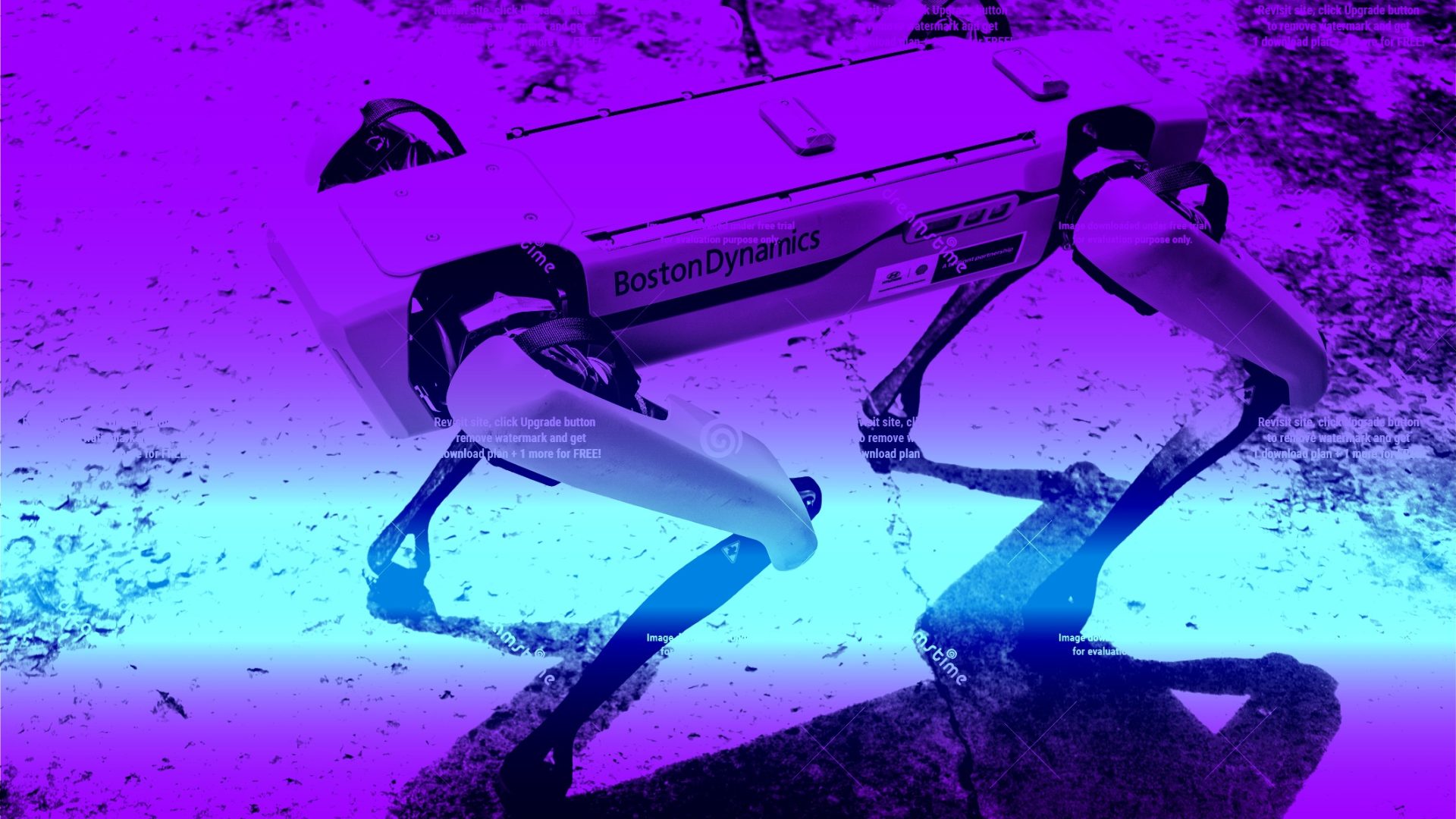
Robotics industry takes a stand
Six robotics companies, including Boston Dynamics publish an open letter to the robotics industry
This week, six robotics companies, including Boston Dynamics (the maker of Spot, the robot ‘dog’ which frequently receives media attention) published an open letter to the robotics industry, in which they recognise that ‘adding weapons to robots that are remotely or autonomously operated, widely available to the public, and capable of navigating to previously inaccessible locations where people live and work, raises ‘new risks of harm and serious ethical issues.’ In the letter, Boston Dynamics, Agility Robotics, ANYbotics, Clearpath Robotics, Open Robotics, and Unitree pledge that they ‘will not weaponize our advanced-mobility general-purpose robots or the software we develop that enables advanced robotics and we will not support others to do so.’ The open letter also states that ‘when possible, we will carefully review our customers’ intended applications to avoid potential weaponization’, and further includes a pledge ‘to explore the development of technological features that could mitigate or reduce these risks’.
This letter marks an important further development of commercial and tech sector companies recognising that autonomy in weapons systems threatens not just human dignity and human control in the use of force, but also the positive social development of robotics in general. However, this pledge is restricted to ‘advanced-mobility general-purpose robots’ and related software; it does not rule out future collaboration with militaries or with police forces, for example, on robots of other kinds. As is noted by James Vincent in The Verge, ‘The letter only pledges not to weaponize robots, and certainly leaves open the possibility of the machines being used for surveillance and reconnaissance alongside army units or police officers.’
Boston Dynamics, who appear to have led on the open letter and announced its publication in a tweet, was acquired by Hyundai earlier this year. Another Hyundai subsidiary, Hyundai Rotem, is developing a ‘multi-legged walking defense robot’ for ‘counter-terrorism missions’, which ‘combines unmanned weapon systems and advanced autonomous technologies.’ The press release about the development of this system noted that another Hyundai Rotem leg-wheel military robot is ‘based on Spot, a four-legged robot developed by Boston Dynamics.’
Ultimately, states need to establish a new legal framework for autonomous weapon systems to ensure that such systems remain under meaningful human control. As the International Committee of the Red Cross has pointed out, ‘new legally binding rules on autonomous weapons systems are urgently needed’; the majority of states involved in UN talks now support the creation of such rules. In the absence of these rules, however, progressive steps from industry actors show that change is coming.


